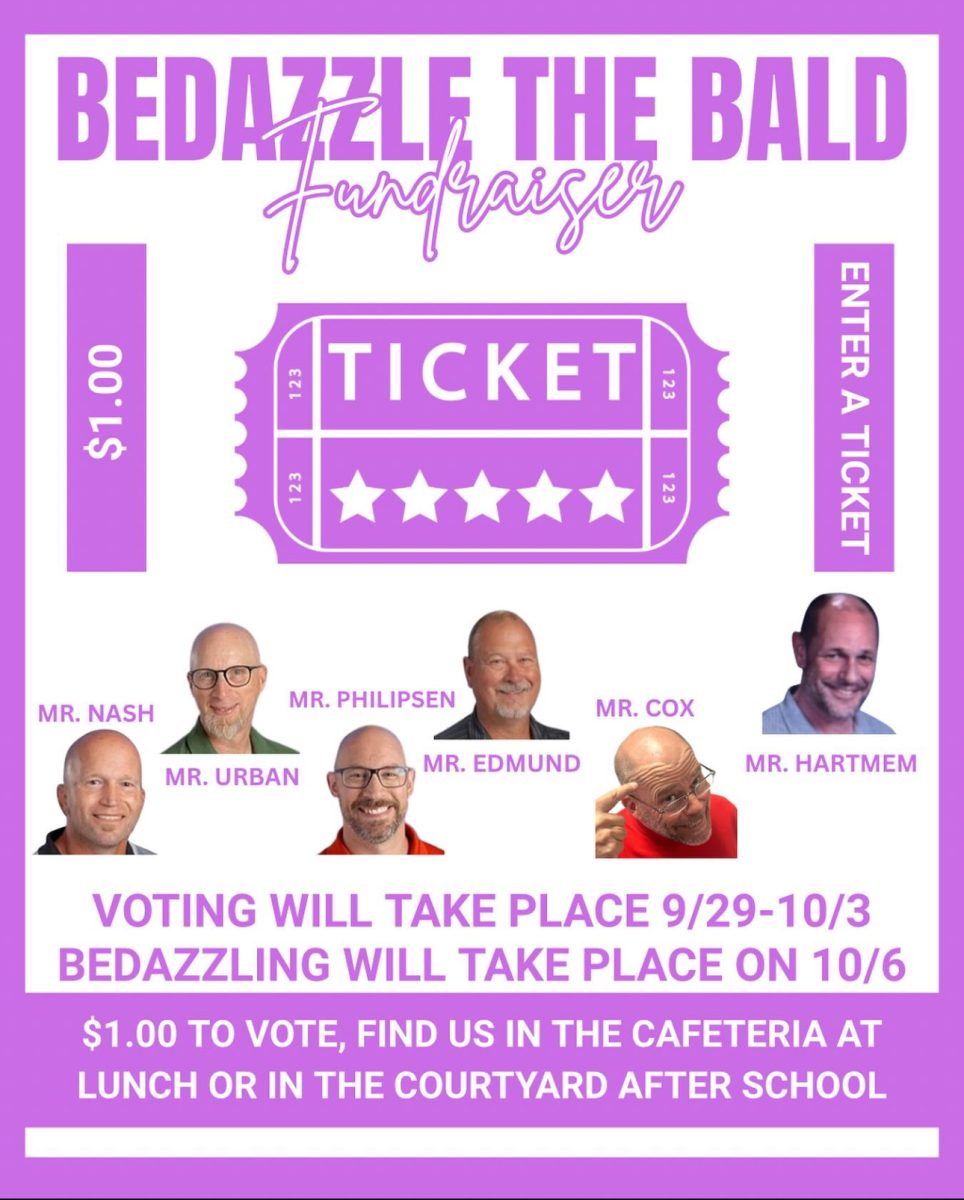When Donald Trump stood at the White House podium in early September 2025, he didn’t warn about inflation or foreign policy. Instead, he turned his attention to a common household medicine: acetaminophen, also known as Tylenol. Linking the drug to autism, Trump advised pregnant women to avoid it altogether. “We now know that Tylenol leads to autism,” he said. “Pregnant women should not be taking it.”

For many healthcare workers, parents, and advocates, the claim was jarring. Tylenol, also known as acetaminophen, has been in use for more than 70 years and remains the most commonly recommended over-the-counter pain reliever for expectant mothers. Now, one presidential statement has caused widespread confusion and renewed fears.
Scientific studies have explored possible connections between prenatal acetaminophen use and developmental conditions like autism or ADHD. Some large-scale observational studies suggest a potential association, but most medical organizations emphasize that this association does not imply causation, and the existing research is insufficient to confirm a direct link.
“No studies in people have shown that Tylenol directly causes autism,” said Jessica Steier, president of Unbiased Science, a group that evaluates health research. She explained that the evidence remains mixed and limited, and that framing it as a clear cause misleads the public.
The American College of Obstetricians and Gynecologists (ACOG) issued a statement soon after Trump’s remarks. “Suggestions that acetaminophen use in pregnancy causes autism are not only highly concerning to clinicians but also irresponsible when considering the harmful and confusing message they send to pregnant patients,” said Dr. Steven Fleischman, ACOG president.
A.B., a labor and delivery nurse here in Colorado Springs who preferred not to use her full name, sees the real-world effects of this kind of rhetoric. She says it is still “common practice for doctors to recommend Tylenol during pregnancy for maternal fever or chronic headaches.”
But Trump’s statement has already filtered down into her conversations with patients. “I’ve had patients nervous about taking Tylenol or other medications in pregnancy—even before this claim,” A.B. explained. “The conversation usually comes down to risk versus benefit and respecting the patient’s choices.”
For A.B., the real danger isn’t the medicine itself, but what happens if patients avoid it when they need it. “The biggest risk is if a patient has a long-term fever and doesn’t take something to reduce it. Depending on their gestational age, that could negatively impact the baby with birth defects or even preterm labor,” she said.
She added that occasional Tylenol use carries “very low risk historically,” and she encourages patients to balance caution with practicality. For mild pain, she recommends rest, hydration, or warm packs—but for high fevers, she stresses the importance of treatment.
For families raising children with autism, Trump’s words cut especially deep. Don Brown, the father of a 7-year-old son with autism, told ABC News, “The parents feel like it’s their fault that the child has autism… Was there something I could’ve done differently?” Comments like Trump’s, experts say, reinforce stigma and guilt rather than providing answers.
Public health leaders also worry about the ripple effect. If pregnant people stop taking Tylenol altogether—or if vaccine skepticism rises again—both parents and children could be put at risk.
The debate over Tylenol shows how a single statement from a political leader can reshape public health conversations overnight. While research on acetaminophen continues, experts stress one consistent message: occasional use during pregnancy remains safe when medically necessary.
As A.B. put it, “I appreciate people being cautious about what they put in their body when they’re pregnant. But my concerns don’t weigh heavily on the use of Tylenol or prescribed medications. Historically, they’ve carried very low risk.”
For now, the science may be complicated, but the advice from the medical community is simple: don’t let fear outweigh facts.












![NASA concept image of a Space Elevator. [7]](https://cougardaily.org/wp-content/uploads/2024/02/PictureA-1-1200x1200.jpg)






